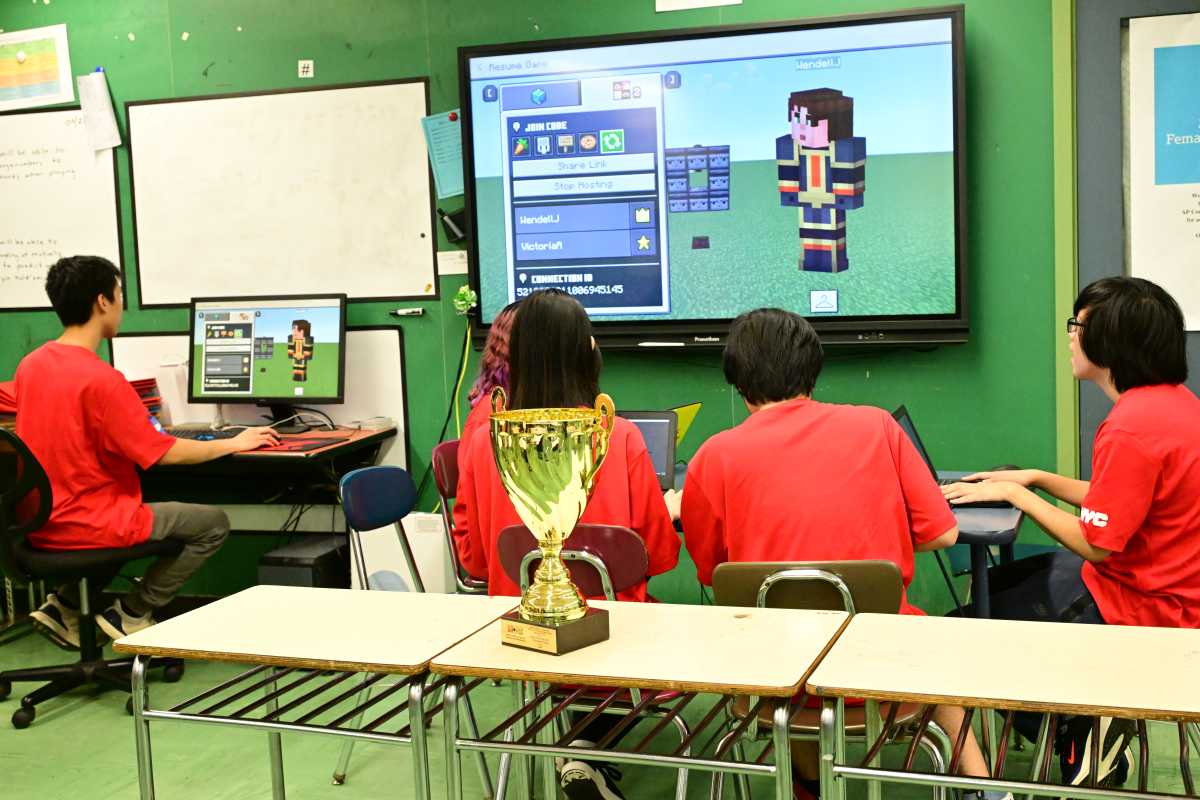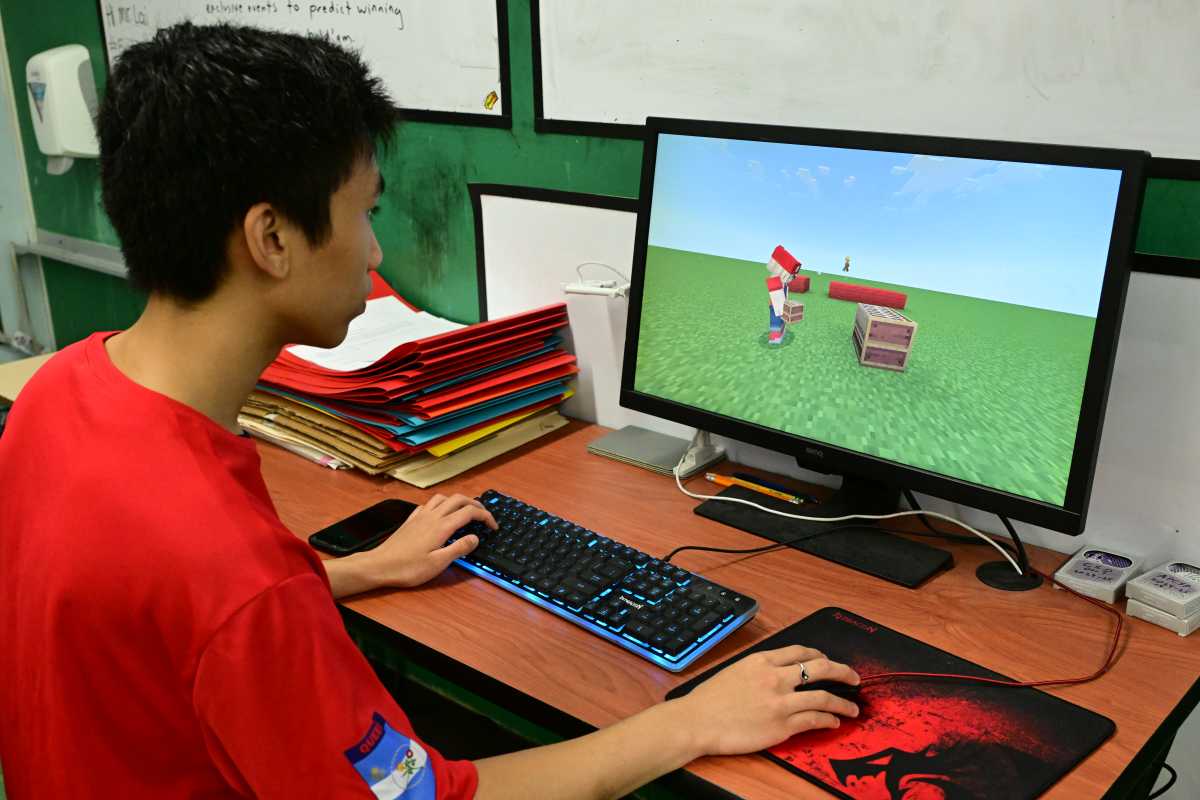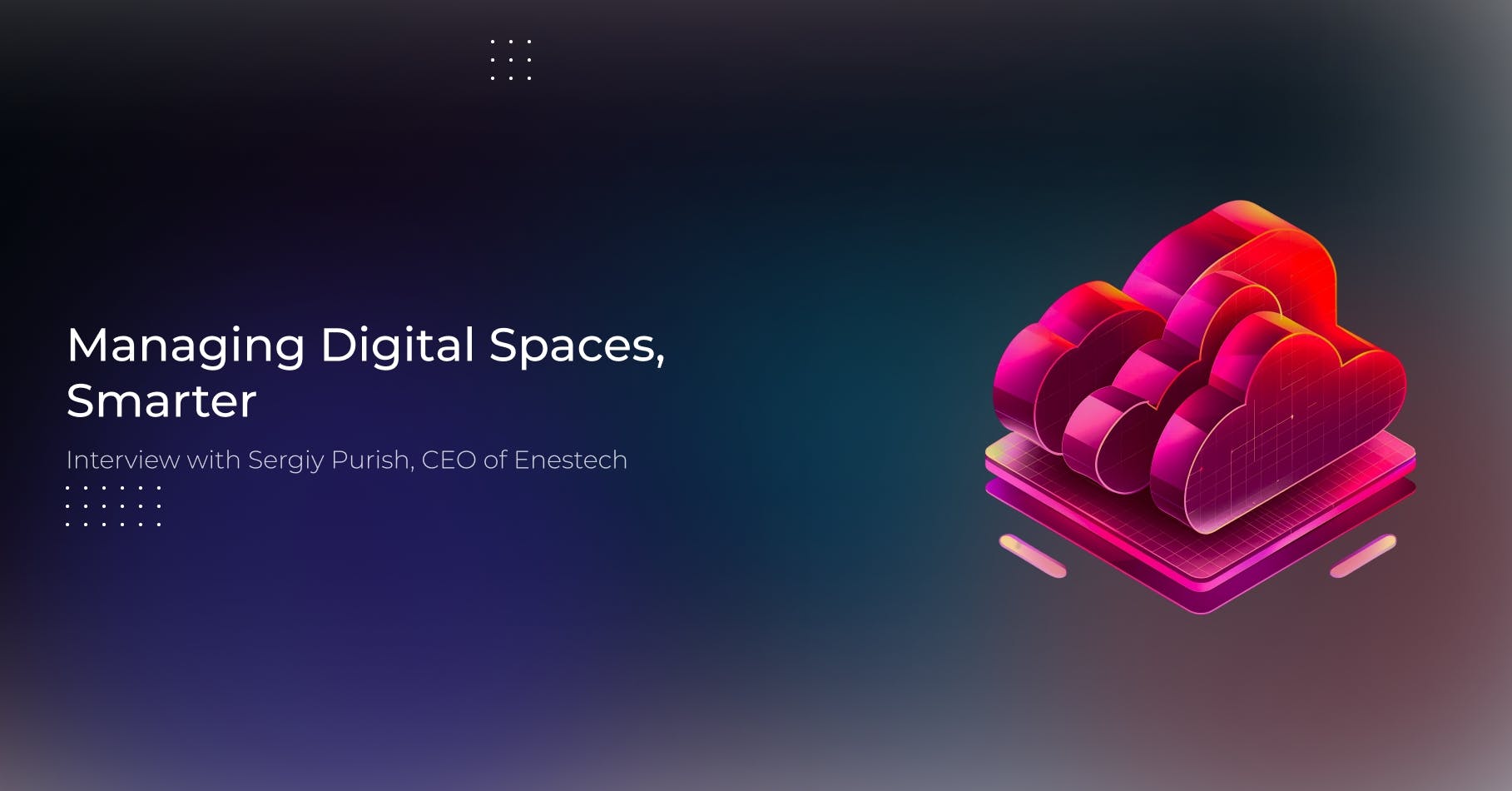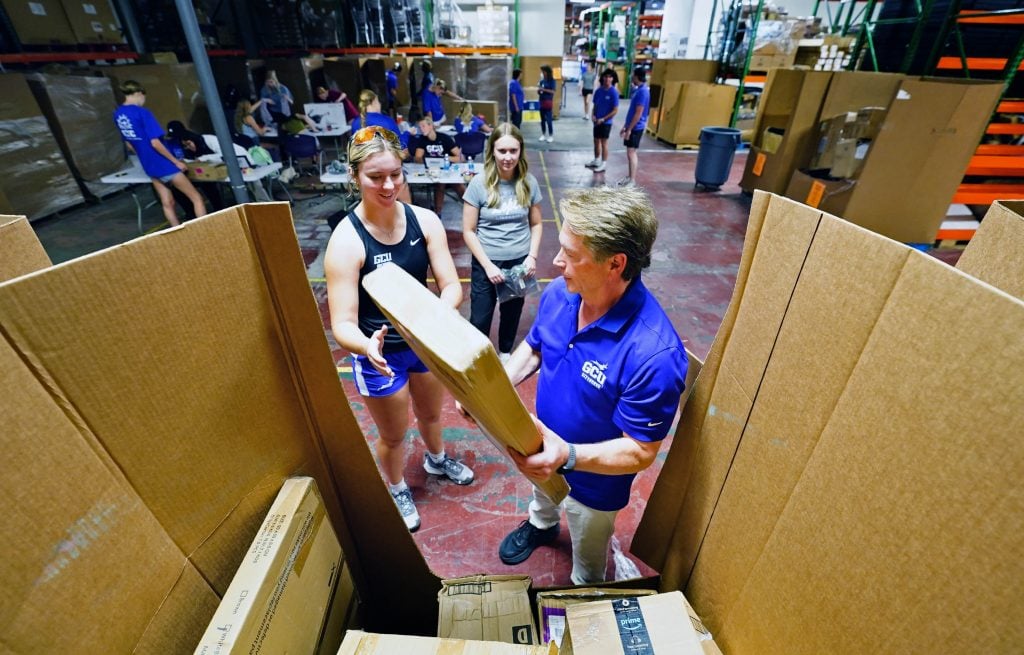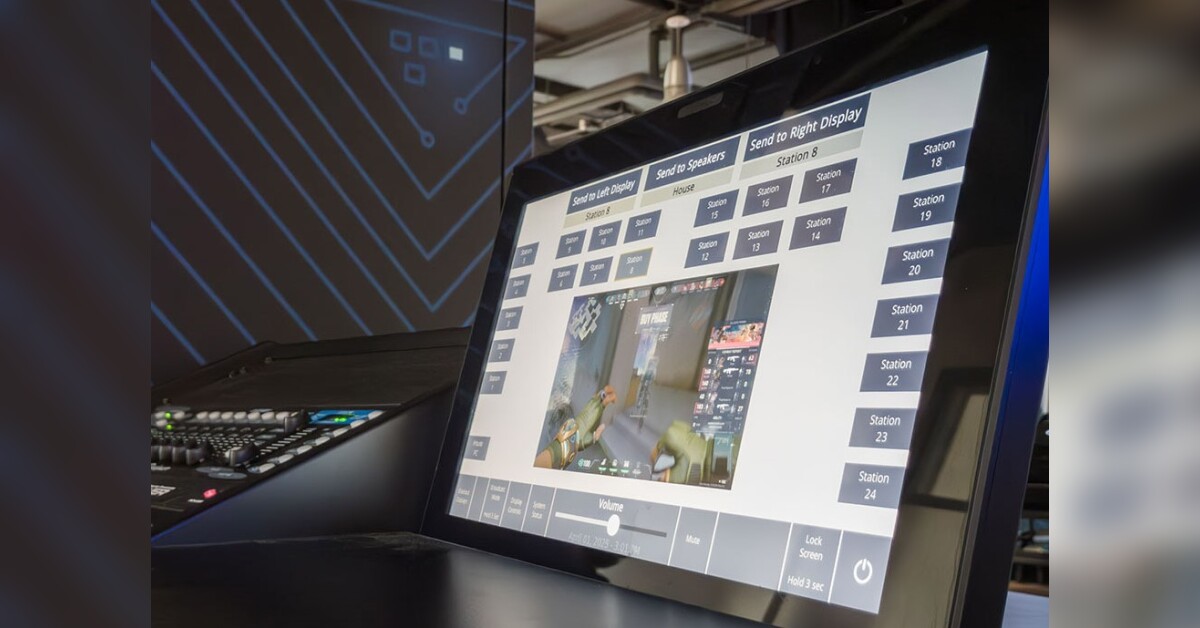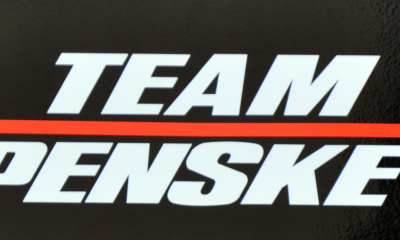From university labs pivoting to esports, to gaming lounges chasing seamless experiences, to retailers installing interactive kiosks — managing digital spaces today is more complex than ever. This said, the edtech market continues to expand, with global education software projected to reach $404 billion by 2025.
We sat down with Sergiy Purish, CEO of Enestech, to explore what’s driving this evolution, the hidden headaches owners still face, and how unified approaches are helping businesses stay ahead.
Q1. Sergiy, you’ve helped hundreds of venues build or upgrade their digital environments. What stands out to you about how schools, gaming lounges, and retail spaces have changed?
It’s almost a different world compared to five or ten years ago. Schools aren’t just running “computer labs” anymore. They’re layering in esports, STEM initiatives, hybrid learning — all of which depend on having PCs and content ready exactly when needed. That’s a big shift in expectations.
For gaming lounges, it’s become more than just offering machines. Owners want serious business oversight: airtight revenue tracking, staff integrity, clear reporting. They see transparency as a safeguard for profitability.
Retail is also interesting. Stores are banking on interactive screens and self-service setups to boost sales. But they’re under pressure to keep those systems secure and always-on, or risk harming customer trust.
Q2. What do you see as the biggest operational headaches these venues still struggle with?
It boils down to control and predictability.
Schools often tell us they have a hard time syncing PC availability with lesson schedules. They want students to see only approved educational software. Maybe a design app at 10 AM, a physics simulator at noon. And they need it to just work without constant IT calls.
In gaming lounges, it’s about cash flow and staff accountability. Manual payment handling is slow and prone to errors, and reconciling cash at the end of the day is where many owners lose sleep (and money).
Retail has its own challenges. You’ve got demo devices that visitors freely use, but if they wander off into risky sites or crash the system, it tanks the shopping experience. Plus, you need to update content across dozens of stores without a tech crew traveling everywhere.
Q3. Some might say these are purely tech problems. But it seems there’s a human side too — how do you look at it?
Absolutely. It’s always a mix of tech and people.
Your average venue admin or teacher isn’t a systems engineer. They need interfaces that are intuitive, policies that run automatically, and tech that helps them. Not the other way around.
A smart platform means staff can focus on what actually matters: teaching students, serving players, helping shoppers. It lifts the operational load, so your team isn’t stuck chasing every glitch or manual update.
Q4. You often talk about the value of managing all this through a unified platform instead of cobbling together separate tools. What’s the real impact there?
When everything flows through one system, solutions like SENET platform consolidate device control, content management, and payments into one easy-to-run ecosystem. It means you eliminate dozens of manual touchpoints. No matter if it’s booking PCs, pushing software updates, managing payments, or setting user access.
That means fewer mistakes, tighter security, clearer revenue trails, and a lot less chance for things like staff theft or overlooked content updates. It also gives owners live oversight of their whole operation from anywhere, which is huge peace of mind.
Plus, when you want to scale, be it opening a new campus lab, launching another gaming floor, rolling out more retail kiosks, you don’t have to reinvent the wheel every time.
Q5. Any favorite examples where an integrated approach really saved the day?
I remember a university that was preparing for a huge multi-school esports event. Before, they’d manually prep each lab, and it took days. With a unified system, they cut it to a couple of hours, all remotely.
A gaming venue in Warsaw told us how stressful it used to be balancing cash and checking if admins were being 100% honest. Now, it’s automated, they have daily revenue snapshots, and the owner sleeps a lot better.
And a retail group running weekend product demos in multiple cities shared that they were able to update all displays overnight — no downtime, no staff flying around with USB sticks.
Q6. Finally, what advice would you give to schools, entrepreneurs, or retail managers who are looking to modernize how they run their digital setups?
Start by really mapping out your pain points. Is it scheduling? Content chaos? Lost revenue? Then look for partners who won’t just sell you a dashboard but will actually onboard your team and stick around when questions come up.
Also, plan for growth. Whether it’s hybrid classrooms with esports tournaments, gaming lounges expanding into new cities, or retailers adding smarter demo areas, your tech foundation should flex with you. That’s what ultimately safeguards margins and keeps customers or students coming back.
“In the end, getting your infrastructure right isn’t about screens or software.
It’s about giving people experiences they’ll love — and protecting your business for the long haul.”– Sergiy Purish, Co-Founder and CEO of Enestech, a developer of SENET





